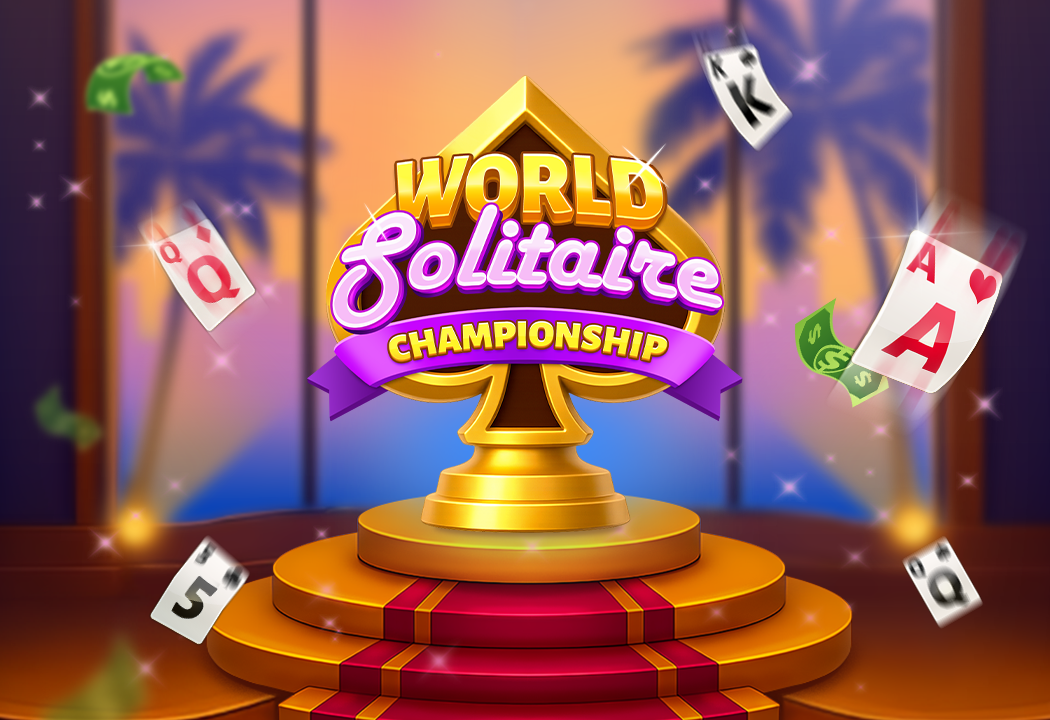Play isn’t just fun - it’s fundamental. From the quiet power of solo play to the transformative impact of shared experiences, discover how different play styles shape growth, connection, and the way we engage the world.
What type of player are you? According to Dr. Stuart Brown, founder of the National Institute for Play, when free to express it, every person has a distinct “play personality” — a natural style of engaging with the world through play. These personalities shape how we pursue joy, solve problems, and express ourselves. Some are drawn to competition (like the Competitor), others to exploration (Explorer), storytelling (Storyteller), physical movement (Kinesthete), creative expression (Artist), or comic relief (Joker). Some revel in collecting (Collector) or taking charge (Director). And while each archetype is unique, and several categories may resonate, people can also tend to lean toward either solo or social modes of play.
Uncovering your Play Personality
Understanding your play personality isn’t just about what’s fun — it’s about what fulfills you. Play is a deep biological drive that fuels creativity, builds resilience, and connects us to others. The science is clear: humans are hardwired to play. But the way we choose to play — alone or together — can have very different effects on our personal growth.
Even within these broad categories, our preferences vary. Some of us gravitate toward quiet, solo activities, while others thrive amidst high-energy, social play. Research across fields including developmental psychology, neuroscience, education, and animal behavior confirms that both solo and social play offer significant health benefits. The key is to recognize what ignites your sense of freedom, joy, and motivation, and to stay open as that spark grows and shifts throughout life. Finding new play triggers – including things that may not have been attractive before – can lead to surprising rewards.
Solo and Social Play: Two Sides of the Same Joy
Particularly if you’re introverted by nature, engaging in play alone – whether through creative hobbies, games, reading, reflection, or immersive tasks – can foster contentment, independence, focus, and emotional regulation. Without the need to accommodate others, solo play can provide space for curiosity to unfold freely, encouraging self-discovery. It can support mental clarity and offer a calming escape from external pressures. This kind of play can promote sustained attention, introspection, and the kind of imaginative thinking that may get crowded out in more social settings.
For others, as it suits their temperament, authentic play truly comes alive in the company of others. Social play – through activities such as games, collaborative creativity, or sports (whether as a spectator or participant) – can spark connections, strengthen relationships, and build trust. It invites us into a shared rhythm where cooperation, communication, and empathy (by-products of play itself) can naturally develop. This kind of play can also help cultivate other essential life skills. It teaches us how to read cues, resolve conflict, take turns, and lead or follow with grace. For some, especially in active forms of social play, movement adds another dimension — offering not just physical benefits, but also boosting mood and lowering anxiety. Even in less physical contexts, shared engagement can lift emotional states and energize connection.
The Power of the Collective
Social play can also create a sense of belonging. There’s power in the collective. Even for introverts, social play may offer a supportive introduction to the social world. When we show up for others, we can feel seen and supported, and can work toward a shared goal. Even when that goal involves the thrill of competition, it can deepen connection and fulfillment for those who thrive on it (like “the Competitor” archetype identified above). These experiences reinforce our place in a community and nourish our well-being in ways that individual play can’t always replicate. Social play can become a source of vitality and a practice ground for collaboration in everyday life.
American psychology and play researcher Peter Gray adds, “Play is not something one has to do; players are always free to quit. In social play, each player knows that anyone who feels unhappy will quit, and if too many quit, the game ends.” Further, in Free to Learn, Gray maintains that one of the great evolutionary purposes of social play is to help us learn how to treat one another respectfully, as equals, in ways that meet everyone’s needs and desires, despite differences in size, strength, and ability. These skills are crucial for survival in hunter-gatherer societies, but are valuable in every human society. We all need the help and support of others, and to obtain that we need to know how to help and support others.
Italian Professor Elisabetta Palagi reinforces adult social play as an evolutionary asset. She recognizes that for species living in complex social groups, including humans, primates, and social carnivores like wolves and hyenas, play evolved as a way to navigate uncertainty, build trust, and strengthen cooperation. It’s through the safe push-and-pull of playful interaction that individuals learn to negotiate, solve problems, and understand one another – skills essential for thriving in unpredictable environments. Palagi maintains that social play serves as a kind of social glue. It boosts cohesion and is a critical ingredient for functional groups, from families to teams to entire communities.
Whether you find contentment and joy in solo pursuits or shared experiences, both forms of play are beneficial. Solo play offers space for reflection, creativity, and self-discovery. Social play builds trust, connection, and cooperation – qualities our communities need now more than ever. In the end, play that spontaneously engages you is vital, and is usually the fountainhead of your innate talents. All humans are social beings and can achieve benefits from both solo and social play. But if we’re willing to lean into the collective, playing together may offer something even greater: a path toward stronger, more resilient relationships and a more playful, connected society.
==========================================================================
We at PAPAYA raise the power of social play every day through global tournaments and multiplayer experiences. Whether competing for the top spot or collaborating in playful moments, players tap into the deeper benefits of social connection and building skills. As we look to the future, we’re excited to create even more opportunities for players to experience both the thrill of competition and the joy of shared play - helping foster not only individual growth, but stronger communities around the games they love.

.svg)
%20copy3%20(1).png)




